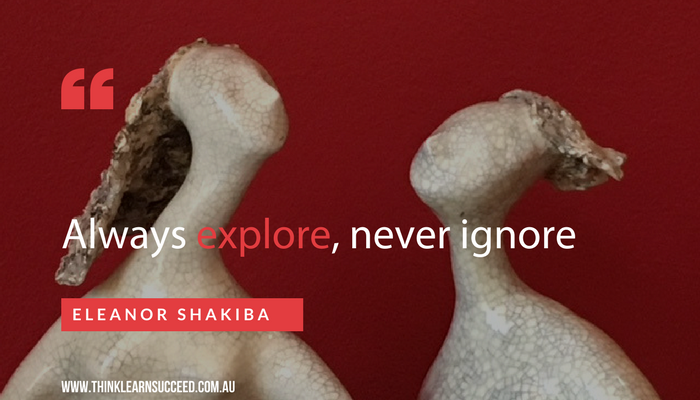
Energy vampires, mood bombers, confidence wreckers; they all have one thing in common. They’re chronically negative and a toxic influence on workplace team dynamics. Sadly, people with negative mind-sets often set the tone for the entire team. They’re the ones who speak up first and loudest. They’re the ones who find problems for every solution. And they’re the ones who always seem to have the last word. In a perfect world, you’d be able to avoid dealing with chronically negative people. In reality, though, you’re likely to be exposed to them on a daily basis. If you work in customer service, for example, your job will involve handling complaints and dealing with angry or upset people. Or it could simply be that you’re sitting next to a cynical and negative colleague. Or perhaps your boss is burnt out and exhausted and it’s obvious to everyone.
Read more









